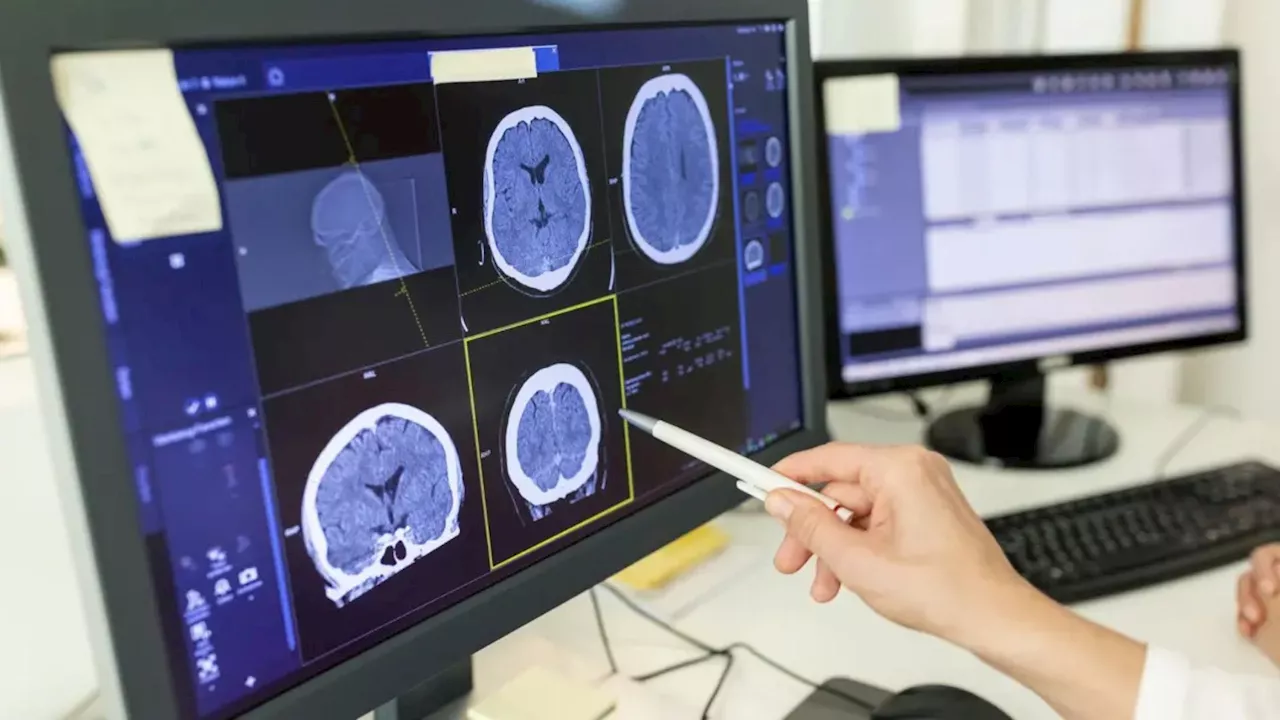Recent research has unveiled remarkable findings regarding human sensory capabilities and the velocity of the solar system. A study published on November 15, 2025, indicates that humans possess a form of tactile sensitivity akin to shorebirds, while another analysis reveals that our solar system is traversing the galaxy at a speed over three times faster than previously estimated.
Human Touch Sensitivity Compared to Shorebirds
In a groundbreaking study, researchers have shown that humans can detect hidden objects through mechanical cues in sand, similar to how shorebirds hunt for prey. This discovery suggests that human sensory abilities extend beyond the traditional five senses. The study emphasizes the exceptional sensitivity of human hands, which can distinguish minute differences in texture and pressure.
If a human fingertip were scaled to the size of the Earth, it would be capable of sensing the difference between a house and a car through touch alone. In the experiment, participants moved their fingers through sand to locate concealed cubes and were found to match the sensitivity of shorebirds, despite lacking their specialized beak structures. The findings indicate that human hand sensitivity “approaches the theoretical threshold of what can be detected from mechanical ‘reflections’ in granular material,” underscoring the sophistication of our tactile perception.
Genetic Links Between Neurological and Psychiatric Disorders
In a separate study conducted in Oslo, researchers have identified genetic connections between neurological disorders such as migraines, strokes, and epilepsy, and psychiatric conditions like schizophrenia and depression. The team analyzed genetic data from over 1 million individuals, revealing shared genetic risk factors that challenge the traditional view of these disorders as distinct entities.
According to the study’s first author, Olav Bjerkehagen Smeland, the findings suggest that both psychiatric and neurological disorders may share a common biological basis. This realization aligns with clinical observations that many patients exhibit overlapping symptoms across these fields. Notably, the research indicates that genetic susceptibility to stroke correlates with thrombosis risk factors, while conditions such as Alzheimer’s disease and multiple sclerosis are linked to immune system responses.
Solar System’s Unexpected Velocity
In an astonishing revelation, a new analysis utilizing the LOFAR telescope network indicates that the solar system is moving through the galaxy at a rate approximately three times faster than current models have suggested. This finding could have profound implications for our understanding of the universe’s large-scale structure.
The research team examined the distribution of radio galaxies—distant galaxies emitting strong radio waves—to determine the solar system’s motion. They found that, as the solar system travels, observers detect a higher concentration of radio galaxies in its direction of travel. The measurements revealed an anisotropy in the distribution of these galaxies that is 3.7 times stronger than predicted, presenting a statistically significant signal exceeding five sigma.
Professor Dominik J. Schwarz, co-author of the study, stated, “If our solar system is indeed moving this fast, we need to question fundamental assumptions about the large-scale structure of the universe.” This unexpected data highlights the need for a reevaluation of existing models in astrophysics.
These recent findings not only enhance our understanding of human sensory perception but also challenge established notions in both psychology and astrophysics. As research continues, the implications of these studies could reshape our knowledge across various scientific fields.







